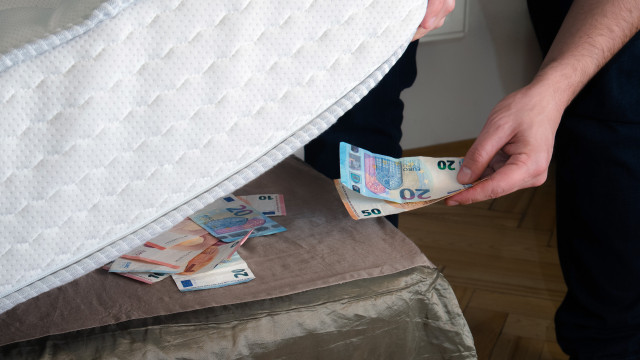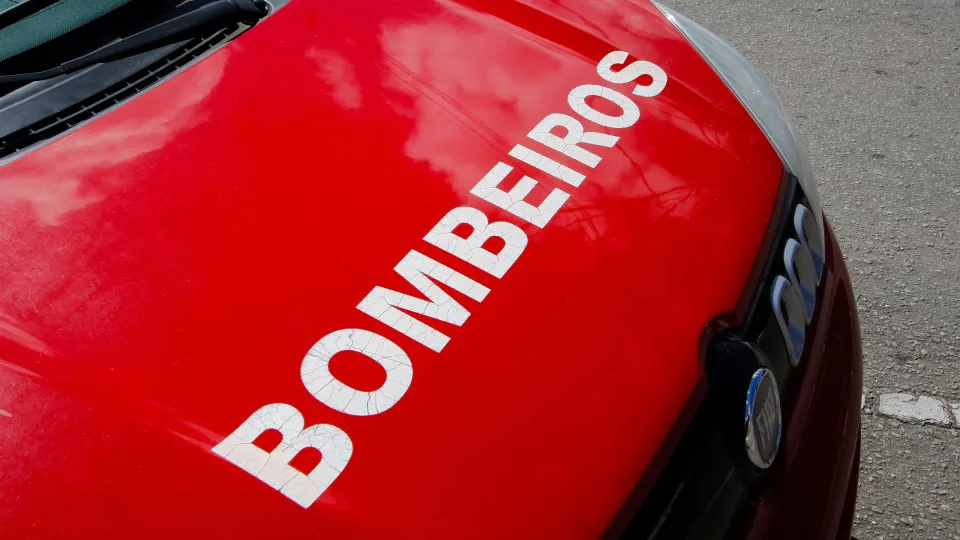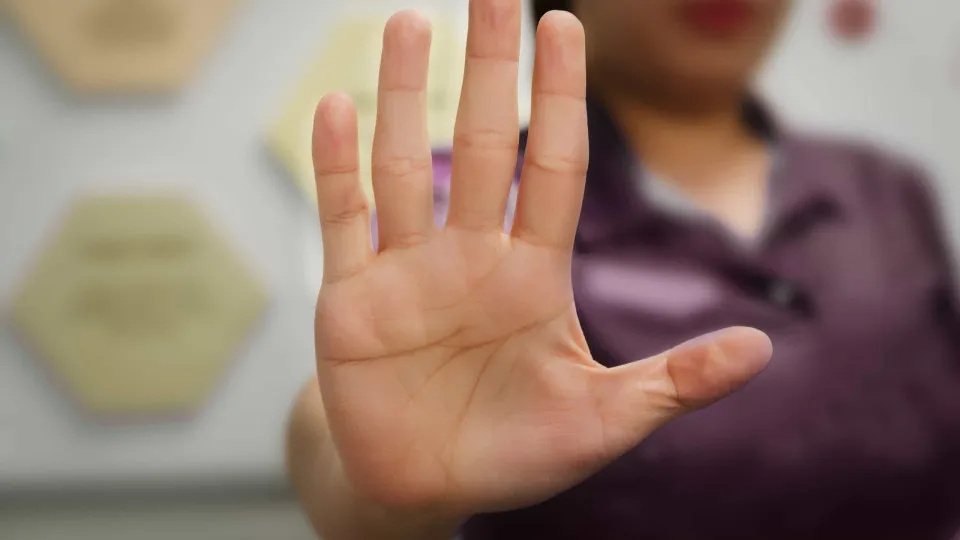The Bank of Portugal (BdP) joins other European banks in recommending that citizens should keep some physical cash at home to prepare for crises, such as the energy blackout that occurred on April 28. While there is no fixed amount, some authorities suggest 70 euros per adult and 30 euros per child.
“Both the number of transactions and the amount withdrawn have increased, indicating that many consumers likely made extraordinary withdrawals, partly to compensate for those not made on the day of the blackout due to the unavailability of many ATMs. It is also plausible that a portion of the population opted to bolster cash reserves, motivated by personal concerns and news highlighting the usefulness of physical cash in times of crisis,” according to the Notes and Coins Bulletin published by the BdP at the end of October.
Physical Cash as a “Safety Net”
According to the banking supervisor, there is a vital conclusion to be drawn following the blackout: “A sudden event, such as the one that occurred, reveals that cash remains indispensable. Physical money is not just a payment method: it is also a strategic resource for operational continuity. It serves as a safety net, ensuring that the economy continues even when technology fails.”
Therefore, it is “essential to preserve a widespread network of cash access points, distributed evenly throughout the territory. On the other hand, it remains prudent for citizens to keep some physical cash available,” recommends the BdP.
How Much Cash Should You Keep?
The European Central Bank (ECB) has also advised that “citizens should keep some cash to respond to crises.” So, how much cash should you keep? No set amount exists, but some authorities suggest 70 euros per adult and 30 euros per child.
A study by the ECB – ‘Keep calm and carry cash’ – concluded that the “utility of cash in hand intensifies when stability is threatened.”

Citizens should keep some cash on hand to respond to crises. How much cash should you keep? There is no defined amount, but some authorities recommend 70 euros per adult and 30 euros per child.
Notícias ao Minuto | 08:33 – 01/10/2025
The study revealed that cash is a “critical component of national crisis preparedness” and emphasized that “central banks, finance ministries, and civil protection agencies in various countries now recommend that families maintain cash available for several days for essential purchases.”
“For instance, authorities in the Netherlands, Austria, and Finland suggest maintaining amounts that range from approximately 70 euros to 100 euros per family member, or enough to cover essential needs for about 72 hours,” according to the ECB study.
In fact, the central bank of the Netherlands, De Nederlandsche Bank, recommends that citizens always keep 70 euros per adult and 30 euros per child to ensure survival in emergency situations.
According to the central bank, these amounts – 70 euros per adult and 30 per child – are recommended to have an emergency kit, ensuring survival in the first 72 hours (three days).

Families should have enough cash for three days in case of emergency.
Notícias ao Minuto | 13:47 – 23/05/2025




